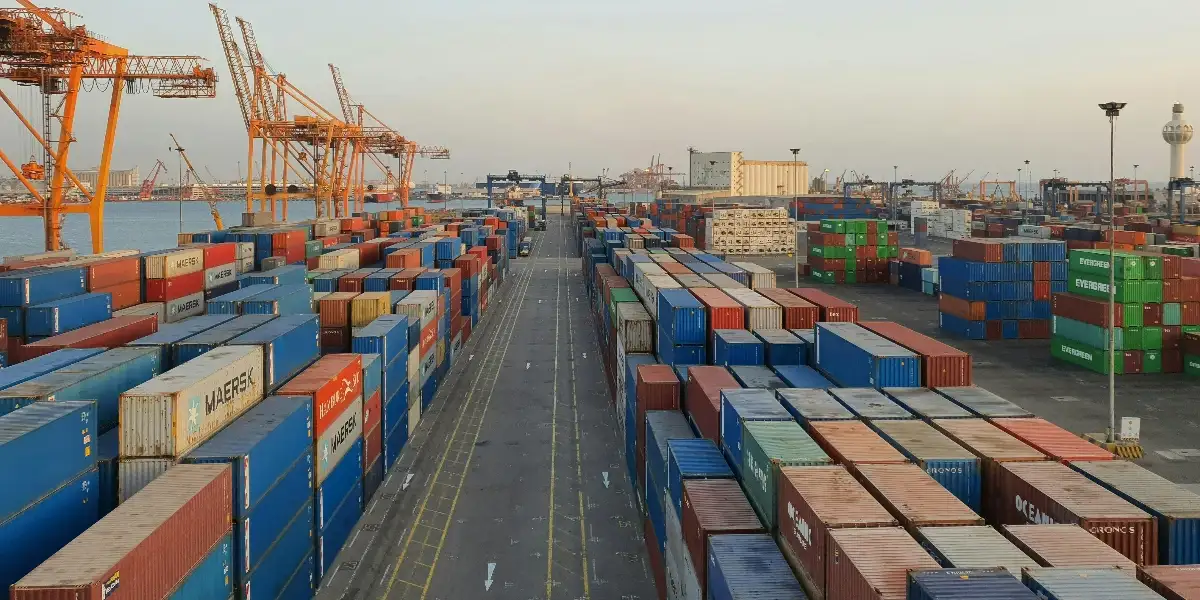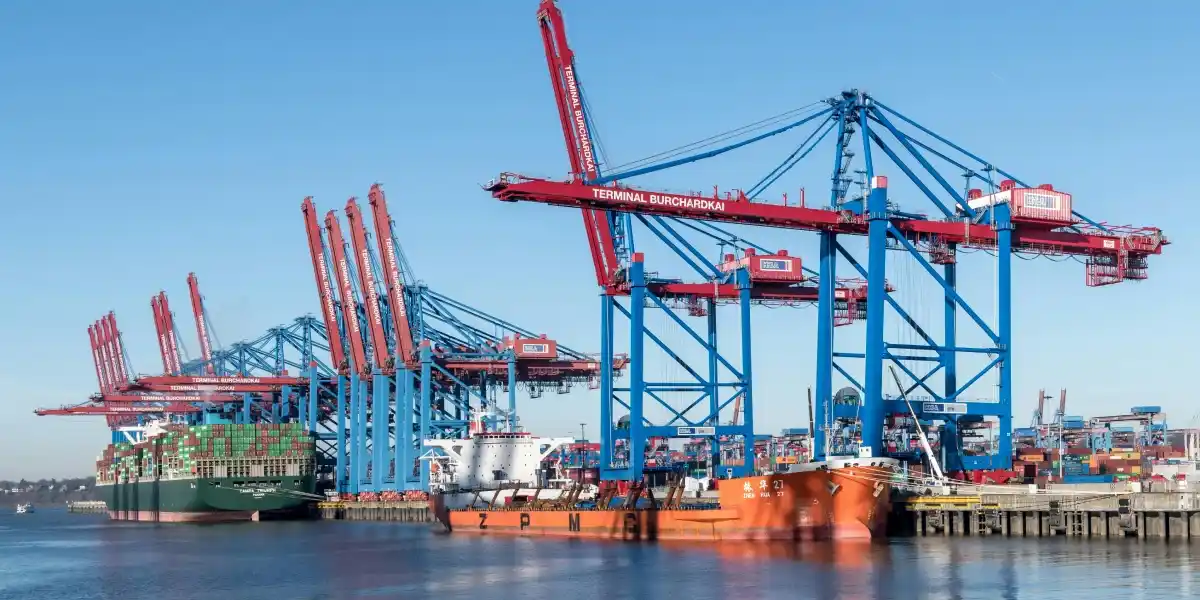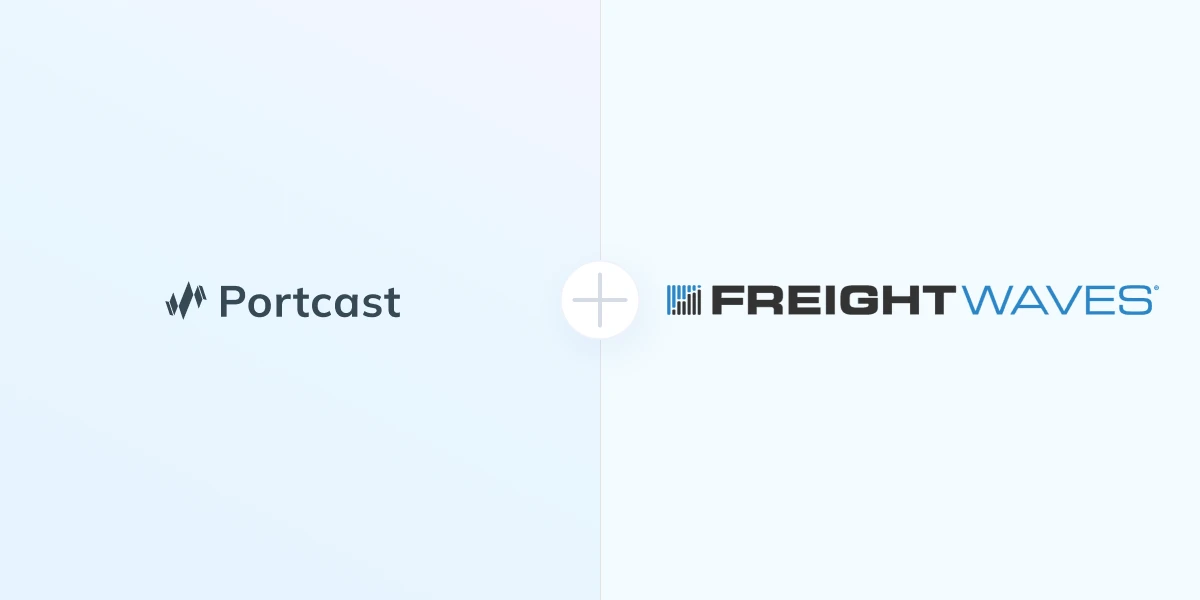Freight invoices act as vital records of transactions between shippers and carriers. Reliable billing of freight charges, especially at scale, is fundamental for smooth operations on both sides of the industry.
Unfortunately, there is a proven track record of lack of reliability and transparency regarding freight invoices. Large-scale carriers have been fined millions of dollars in fines and compensation due to misapplication of charges in the recent past. The problem reached its peak during the COVID-19 pandemic. However, given the complexity of freight contracts, there are still many reasons to believe that discrepancies, errors, and overcharges are as common as ever in the shipping and logistics industry.
On top of this, shippers often face additional challenges; most internal freight audit processes are outdated, labor-intensive and unstructured. And visibility into the underlying evidence that might validate invoicing error disputes is difficult without reliable data. Due to this, businesses often end up paying wrongly invoiced charges and losing significant revenue.
Why does Automated Freight Audit and Payment Software matter?
1. It saves costs and improves cash flow
Freight invoices often contain hidden charges, duplicate fees, or incorrect rates. A thorough audit helps identify and rectify these discrepancies, reducing unnecessary costs. Portcast data shows freight invoice audits typically reveal 2% to 8% of total freight spend savings. AI-powered audits uncover even more by detecting misapplied surcharges, incorrect currency conversions, and duplicate charges. In some cases, businesses have recovered 10% or more in overcharges.
2. It ensures compliance with contracts
Freight agreements involve specific terms negotiated between shippers and carriers. Ocean contracts get complex, given multiple carriers, trade lanes, and spot contracts during the year. Auditing ensures that invoices align with agreed-upon rates, fuel surcharges, and other contract conditions.
3. It detects errors that would have gone unnoticed
Human errors in data entry, duplicate charges, currency miscalculations, or misclassifications can lead to overbilling. An audit process helps prevent financial losses due to these mistakes.
4. It prevents fraud
Invoice fraud, intentional or accidental, can go unnoticed without proper scrutiny. Regular audits protect companies from unjustified charges.
How can Freight Invoice Auditing be more reliable and scalable using automated software?
To ensure a reliable audit process, invoice charges need to be checked against the relevant freight contract or spot prices agreed upon by the carrier. In addition, other levels of verification are required for specific invoices. For example, confirming the number of free days against the shipment journey or tracking data for detention and demurrage invoices is essential to ensure correctness.
For businesses handling large volumes of shipments, this is not just an operational task but a critical step in cost management and efficiency.
Manual freight invoice auditing is a time-consuming and error-prone process that can lead to financial losses and inefficiencies. With the high volume of invoices processed in global trade, manually verifying each charge and possible surcharge is nearly impossible to scale effectively.
Transitioning to AI-driven automation helps overcome these challenges by increasing accuracy, reducing processing time, and improving financial visibility.
What are the key elements of an effective, AI-driven automated Freight Audit and Payment process?
By leveraging advanced technologies like large language models and cloud computing, businesses can automate invoice auditing. This means less manual labour, fewer errors and a more reliable issue detection system. Here are the elements that enable that process:
A centralized document repository
Automation consolidates invoices, contracts, rate agreements, and shipment records into a single platform, ensuring seamless access and analysis. This integration establishes contextual relationships between these documents, essential for a reliable audit process.
A reliable AI data extraction component, specialized in logistics documents
Manual data entry from invoices or traditional OCR (Optical Character Recognition) systems is time-consuming and error prone. However, with advanced large language models and AI-powered data extraction specifically fine-tuned for logistics documents, standardized logistics data can be extracted from invoices with high accuracy. These industry-trained models ensure reliable data parsing and extraction, streamlining operations and minimizing errors.
An automated discrepancy detection system
Once invoice data and its relationships have been accurately extracted, the next step is integrating it into a system that can validate it against contracts and rates:
- Rate and contract validation: Each invoice should be automatically cross-checked against contracted freight rates, fuel surcharges, and accessorial charges to ensure compliance.
- Currency and exchange rate validation: Accurate exchange rate calculations are crucial for international shipments to prevent financial discrepancies and losses.
- Validation of additional fees: Charges such as detention, demurrage, and storage must be verified to ensure they are correctly applied and justified.
Support for multiple languages and multiple file formats
Automated systems handle diverse invoice formats and multiple languages, eliminating the need for manual interpretation. Sometimes, hand-written notes or even stamps are used on the documents, which must be considered.
A built-in dispute resolution process
Establishing a structured process to challenge incorrect invoices with carriers ensures efficient dispute resolution and prompt refunds. This includes:
- Downloading evidence to support invoice discrepancies
- A recorded approval process within the tool
- Collaboration features for team members to review and confirm invoices
- Dashboards and reports for visibility into savings opportunities
This streamlined approach helps optimize cost recovery and improve financial accuracy.
How does AI and automation transform Freight Invoice Auditing?
Adopting automated solutions in the auditing process offers several advantages over manual methods:
- Increased accuracy: Automation reduces human errors, ensuring more accurate invoice validation.
- Cost savings: Businesses can substantially reduce costs by identifying and eliminating overcharges or duplicate payments.
- Operational efficiency: Automation frees time and resources, allowing teams to focus on strategic activities rather than repetitive tasks.
- Better dispute management: Automated systems generate downloadable audit reports that provide proof-ready evidence for resolving billing disputes with carriers.
- Scalability: Automated platforms can effortlessly handle large volumes of invoices, supporting business growth without adding manual overhead.
How does the Portcast Freight Audit solution stand out?
Portcast automates up to 95% of the freight audit process with its AI-powered solution, eliminating human error and speeding up the audit process. Here’s what makes Portcast’s approach unique:
1. AI-powered data parsing, fine-tuned to logistics documents: Portcast’s technology extracts data from invoices in various formats (including PDF, word documents, scanned fax copies, JPEG or PNG format, etc.) and languages, achieving 90-99% accuracy in detecting key-value pairs. Unlike traditional OCR, it handles ambiguous characters and complex formatting seamlessly.
2. Advanced investigation: The system conducts a three-tier investigation, comparing invoice data against contract rates and terms, shipping data, and carrier performance metrics.
3. Discrepancy detection: While flagging inconsistencies and overcharges, it also provides downloadable reports for evidence-based dispute resolution.
4. Customizable and scalable: With role-based permissions, tailored onboarding, and validation checks, Portcast adapts to each customer’s unique requirements, making it highly scalable and easy to integrate into existing workflows.
5. Improved analytics: A real-time dashboard offers insights into total invoiced amounts, disputable charges, cost savings, and audit trails, enabling data-driven decision-making.
6. External data integration: By connecting invoice data with existing shipment tracking, contract agreements or data warehouse, Portcast ensures comprehensive validation that goes beyond basic contract comparisons.
Final thoughts
Freight invoice auditing is a critical but often overlooked aspect of logistics management. While manual audits are riddled with inefficiencies and prone to errors, automated solutions offer a more reliable, scalable, and cost-effective alternative.
Portcast’s Freight Invoice Audit solution exemplifies the potential of leveraging AI to transform traditional processes. With features like high-reliability data extraction, advanced discrepancy detection, multilingual support, and real-time analytics, the platform empowers businesses to optimize freight spending, enhance operational efficiency, and maintain stronger relationships with carriers.
Reach out to us to discover how Portcast’s automated freight invoice audit solution can save your business time and reduce costs effectively.







